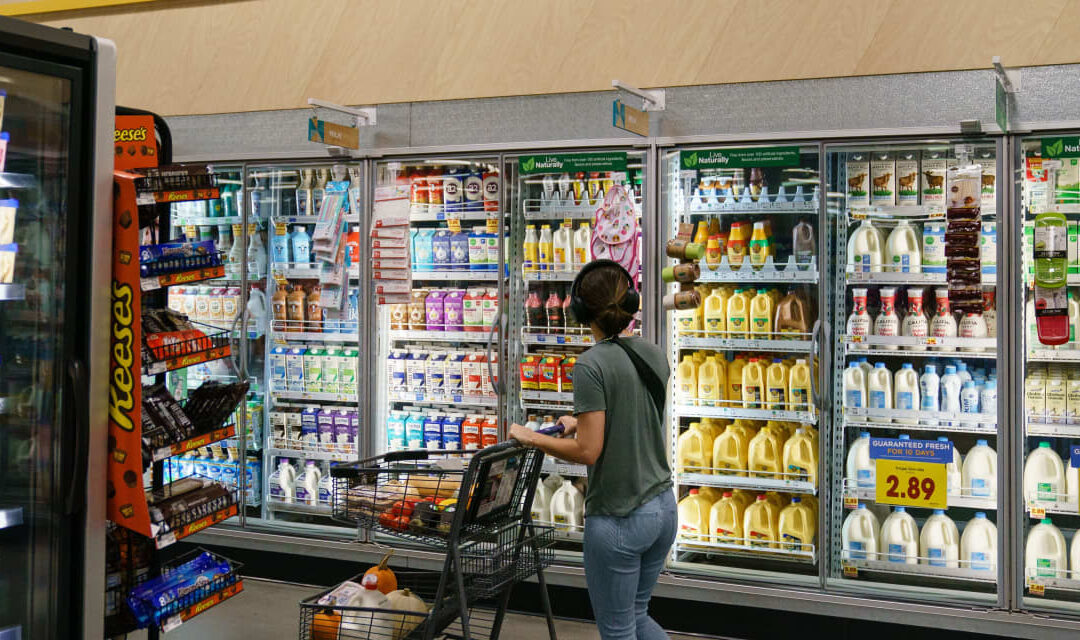Kroger Inc., facing regulatory pushback over its plan to merge with rival grocery chain Albertsons Cos. Inc. in a roughly $25 billion deal, said Tuesday it typically lowers prices for consumers after consummating a deal.
“We believe the way to be America’s best grocer is to provide great value by consistently lowering prices and offering more choices,” Kroger
KR,
CEO Rodney McMullen said in a statement.
“When we do this, more customers shop with us and buy more groceries, which allows us to reinvest in even lower prices, a better shopping experience, and higher wages.”
The retailer invested more than $125 million to lower prices at Harris Teeter after a 2014 merger, he said. It spent more than $100 million to cut prices at Roundy’s after a 2016 deal, he added.
That move and others reduced its gross margin by 5% over the last 20 years, it said, while rivals such as Amazon.com Inc. AMZN, Ahold Delhaize, Walmart Inc. WMT and Dollar General Corp. DG have grown margins by 22%, 4%, 1% and 2%, respectively in the same period, he said.
Critics of the Kroger/Albertsons
ACI,
tie-up have argued that the combined entity was more likely to raise prices, especially after food companies enjoyed record profits during the pandemic thanks to their pricing power.
Kroger and Albertsons also need to persuade regulators that the merger will increase competition even as it further consolidates the market.
The deal comes after a period of high inflation that has made shoppers weary and eager to find bargains. In its most recent earnings report from November, Kroger offered cautious guidance citing continued near-term economic pressures and food-at-home disinflation.
The Cincinnati-based company has been selling stores and making concessions to get the Albertsons deal over the line. It said its customers were showing signs of the pressure from higher interest rates, reduced savings and fewer government benefits, even as inflation is decelerating.
Kroger’s stock was slightly lower premarket, and has gained 2.3% in the last 12 months, underperforming the S&P 500
SPX,
which has gained 22.8%.









